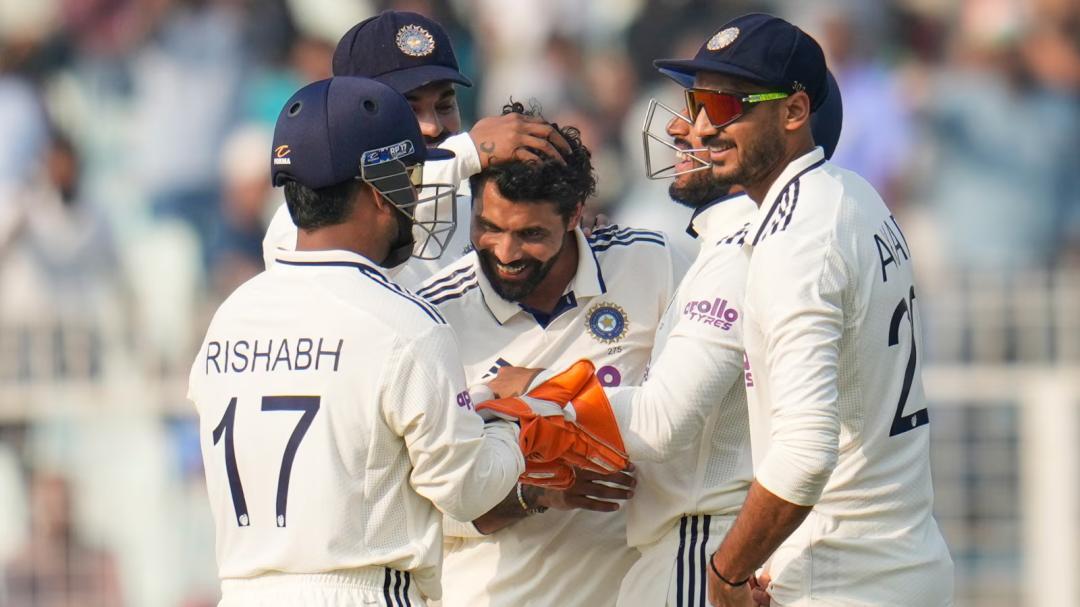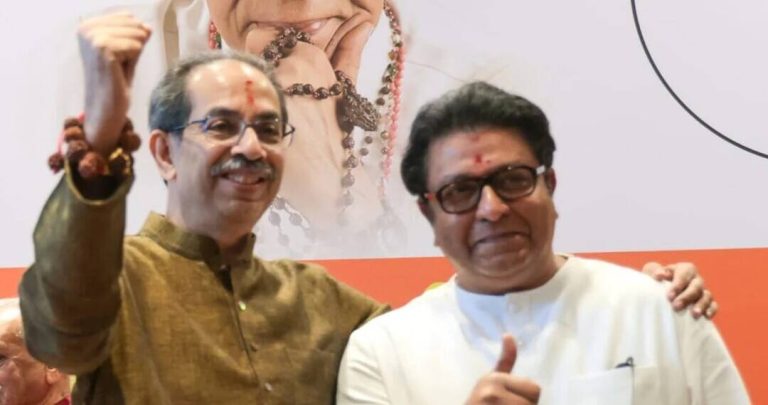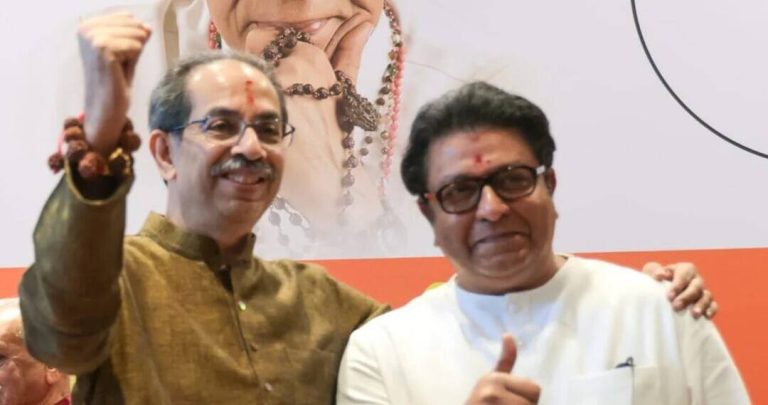
Tests Have Become Least Favoured Format: Manjrekar After India’s Loss
The world of cricket has undergone a significant transformation over the years, with the rise of shorter formats of the game, particularly T20s and private leagues. The traditional format of Test cricket, which was once the pinnacle of the sport, seems to have taken a backseat in recent times. This sentiment was echoed by former India cricketer Sanjay Manjrekar, who opined that Tests have become the least favoured format over the last five years. Manjrekar’s comments came after India’s shocking 30-run loss to South Africa in the first Test.
Manjrekar’s statement highlights the changing landscape of cricket, where the emphasis has shifted from the longer format to the shorter, more fast-paced versions of the game. “It’s the last priority compared to T20s, private leagues and 50-overs cricket,” he said, emphasizing the fact that Test cricket is no longer the top priority for players and teams. This shift in focus has resulted in a decline in the overall standard of Test cricket, with players often prioritizing the shorter formats over the traditional one.
According to Manjrekar, the lack of emphasis on Test cricket has led to a situation where defence becomes the last priority for a player. “Because it’s the third priority…defence becomes the last priority for a player,” he added. This statement is particularly relevant in the context of India’s recent loss to South Africa, where the team’s batting line-up failed to deliver, despite having a strong squad on paper. The inability to defend a moderate total and the lack of application from the batsmen were major concerns for the Indian team, and Manjrekar’s comments shed light on the possible reasons behind this.
The rise of T20 cricket and private leagues has been a major factor in the decline of Test cricket’s popularity. The shorter format of the game has become a huge draw for audiences, with its fast-paced action and exciting finishes. The Indian Premier League (IPL), in particular, has become a massive platform for players to showcase their skills and earn lucrative contracts. The emphasis on T20 cricket has led to a situation where players are often more focused on honing their skills for the shorter format, rather than working on their technique and endurance for Test cricket.
Furthermore, the scheduling of Test matches has also become a challenge, with teams often having to play a series of matches in a short span of time. This can lead to player fatigue and a lack of preparation time, which can negatively impact the quality of cricket on display. The lack of context and relevance in Test series, with teams often playing each other in meaningless matches, has also contributed to the decline in popularity of the format.
In addition, the lack of financial incentives for players to perform well in Test cricket has also been a major factor in the decline of the format. Unlike T20 cricket, where players can earn huge amounts of money through IPL contracts and other private leagues, Test cricket offers relatively modest rewards. This has led to a situation where players are often more motivated to perform well in the shorter formats, rather than putting in the hard work and dedication required to succeed in Test cricket.
The implications of Test cricket becoming the least favoured format are far-reaching and could have a significant impact on the future of the game. If the trend continues, we may see a decline in the overall standard of cricket, with players prioritizing the shorter formats over the traditional one. This could lead to a lack of depth and nuance in the game, with players focusing on hitting big shots and bowling quick deliveries rather than developing their skills and technique.
In conclusion, Sanjay Manjrekar’s comments on Test cricket becoming the least favoured format are a wake-up call for the cricketing community. The decline of Test cricket’s popularity is a complex issue, with multiple factors contributing to it. The rise of T20 cricket and private leagues, the lack of emphasis on defence, and the scheduling and financial challenges faced by Test cricket are all major concerns that need to be addressed. It is essential for the cricketing authorities to take steps to revive the popularity of Test cricket, by making it more relevant, exciting, and rewarding for players and audiences alike.






